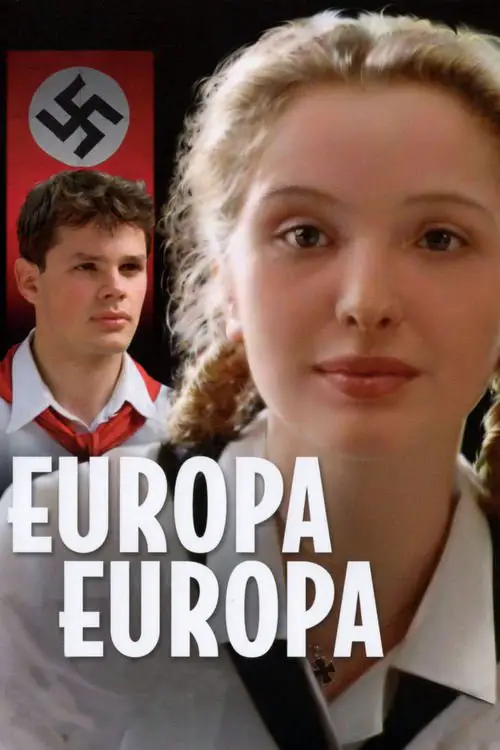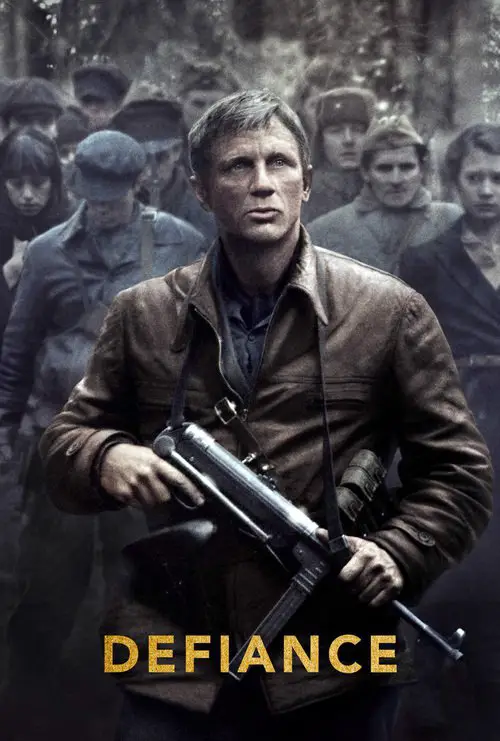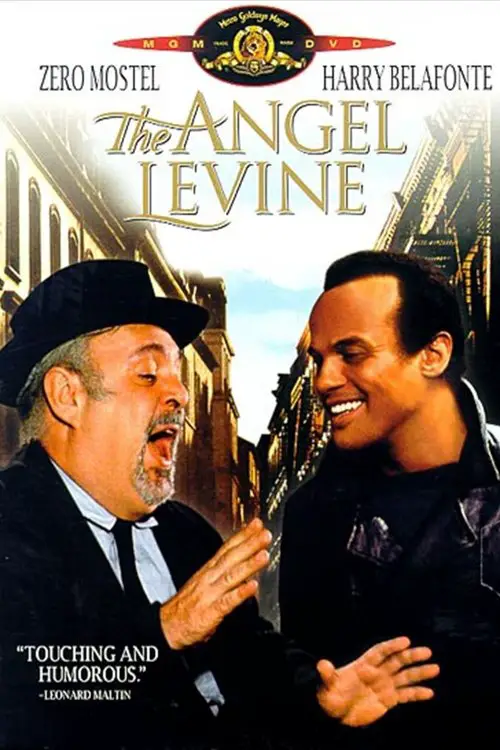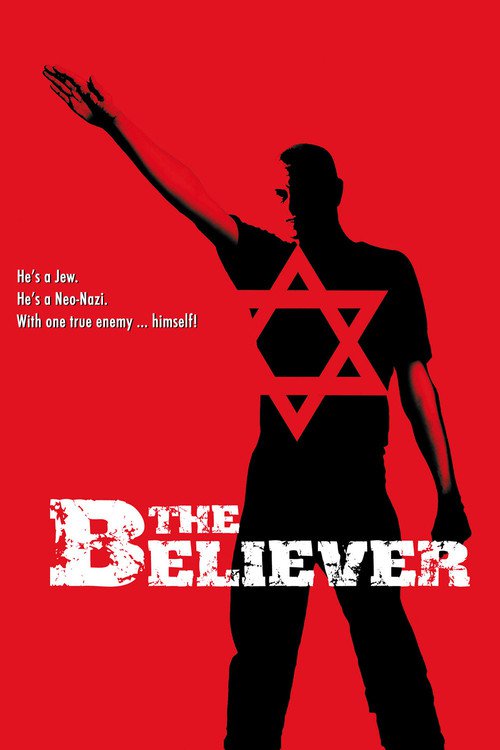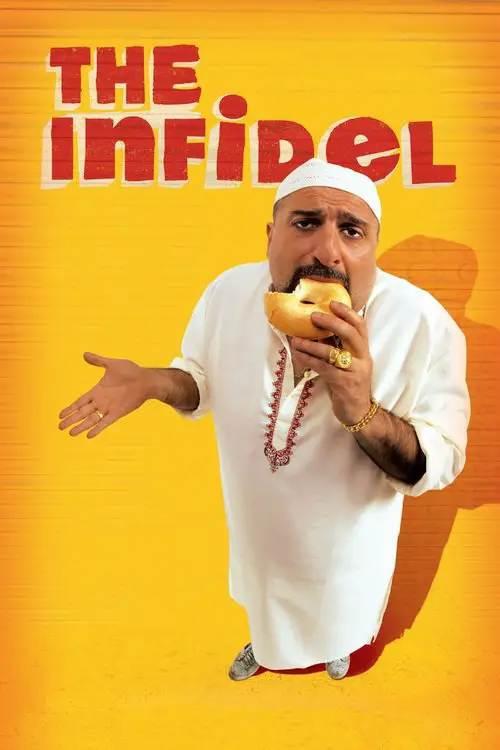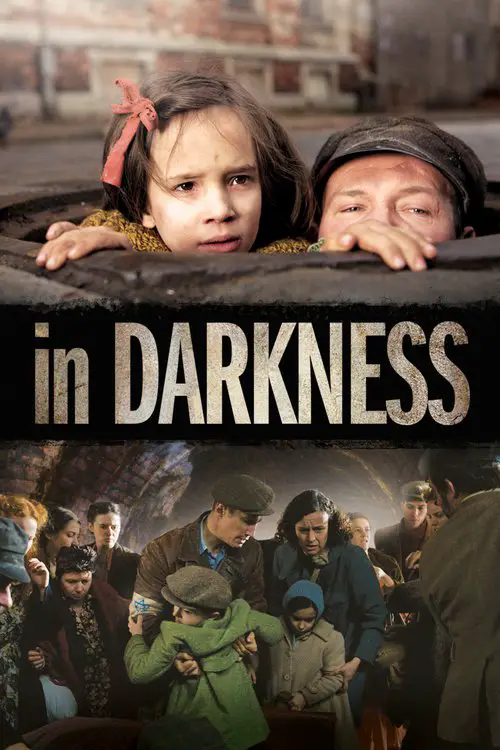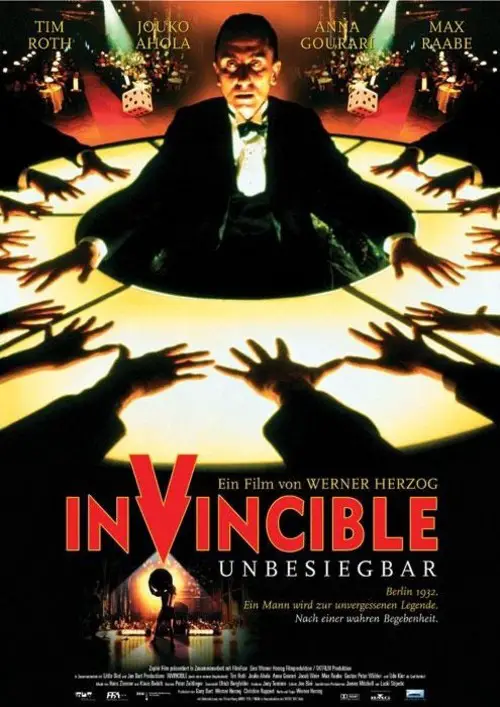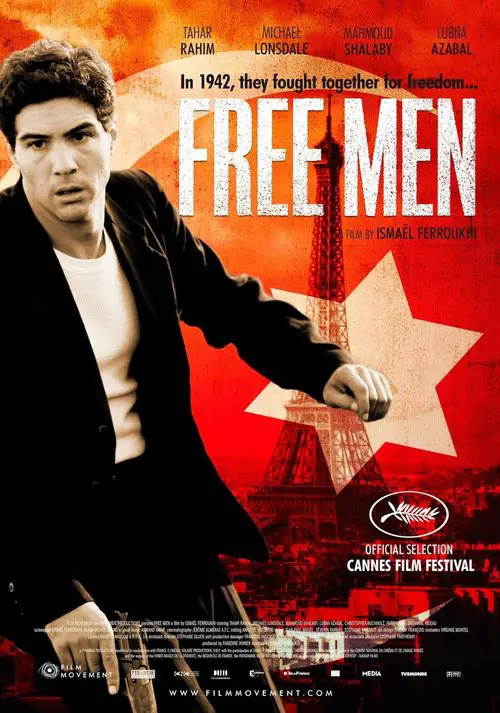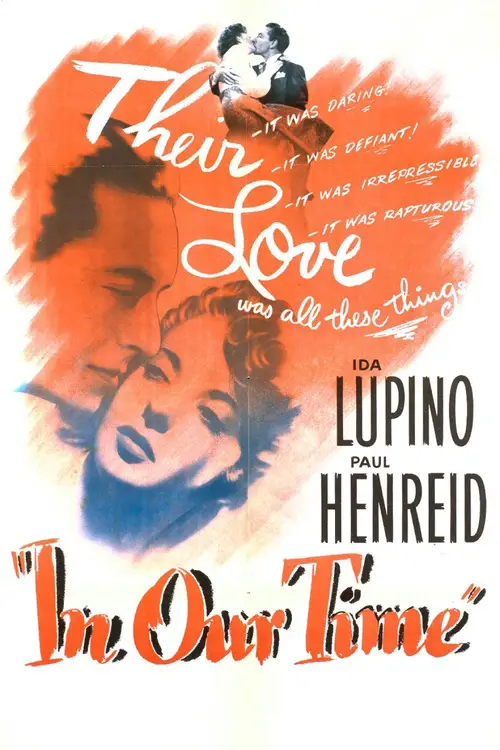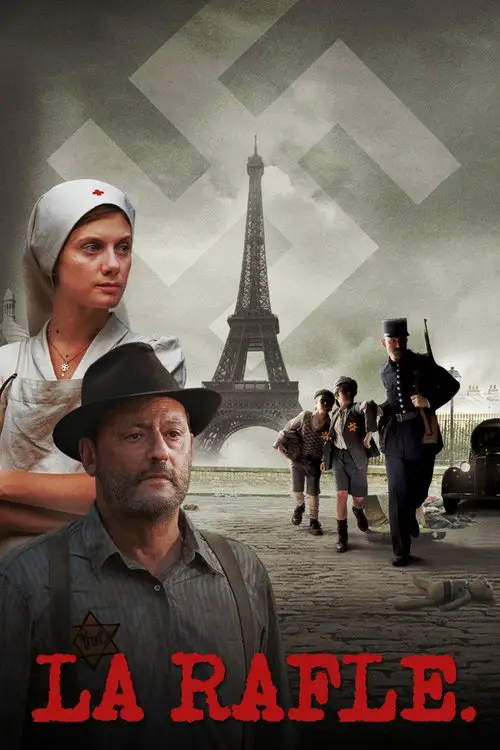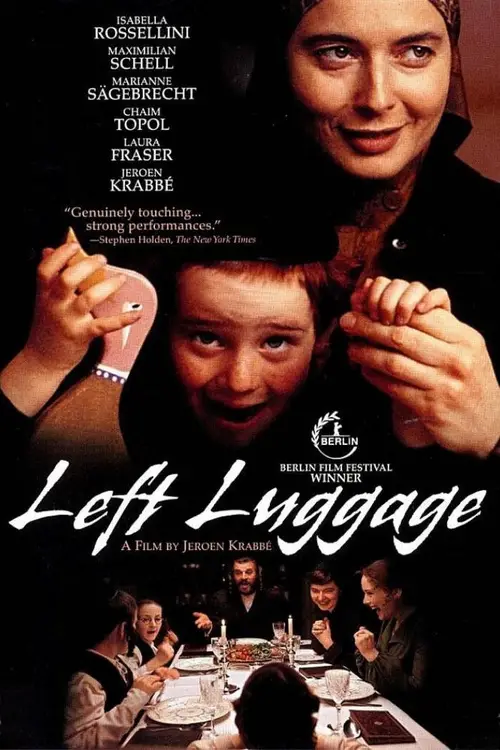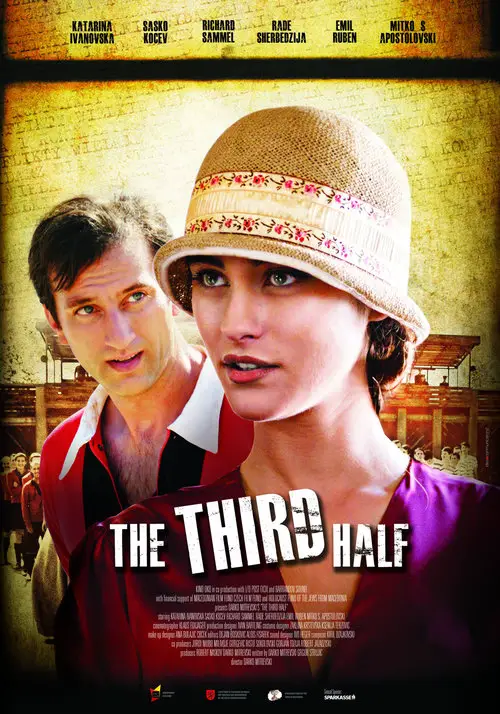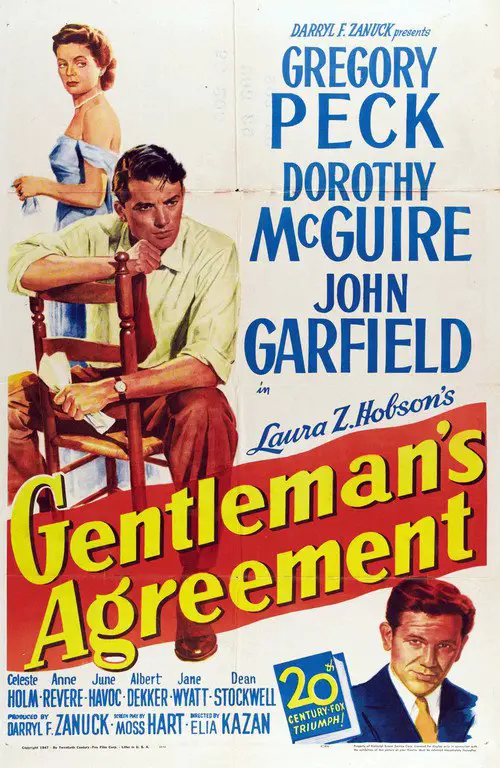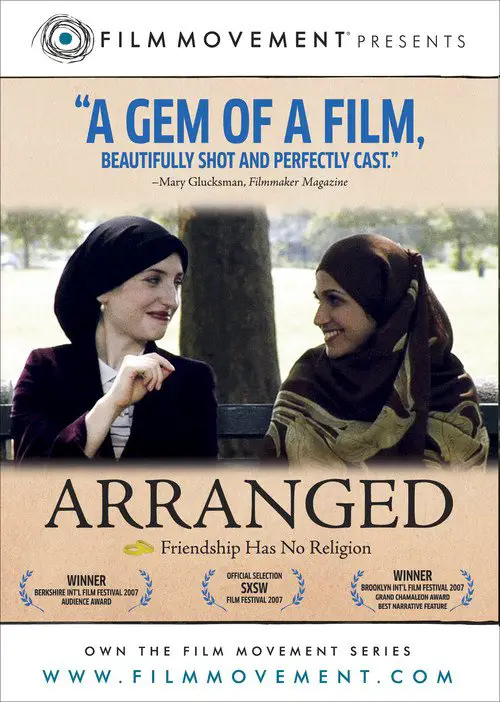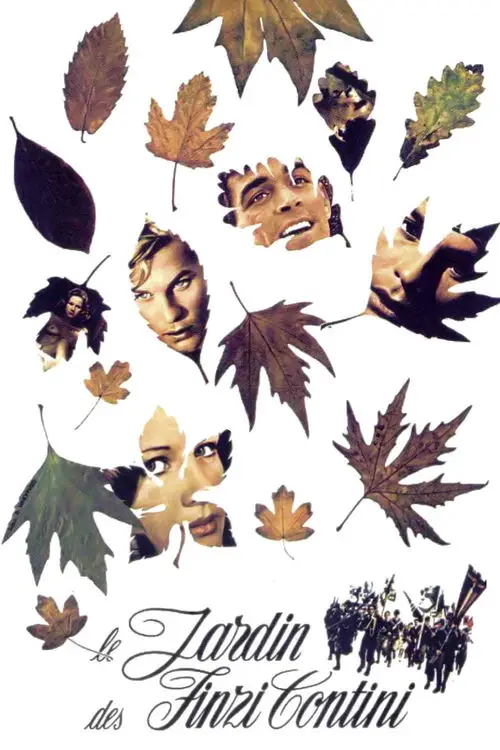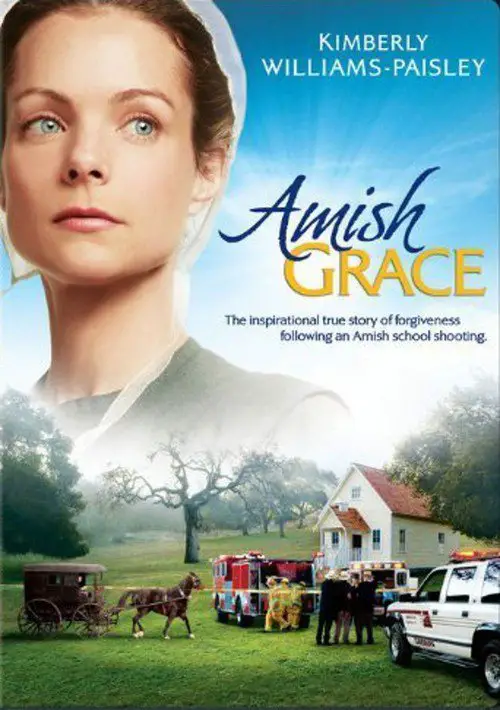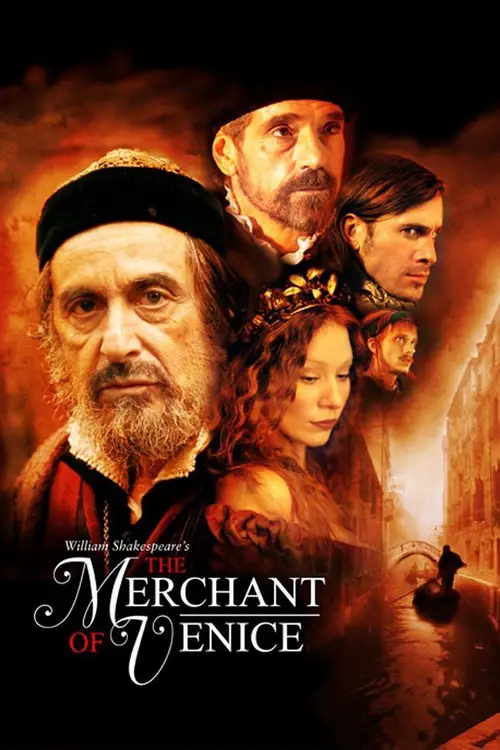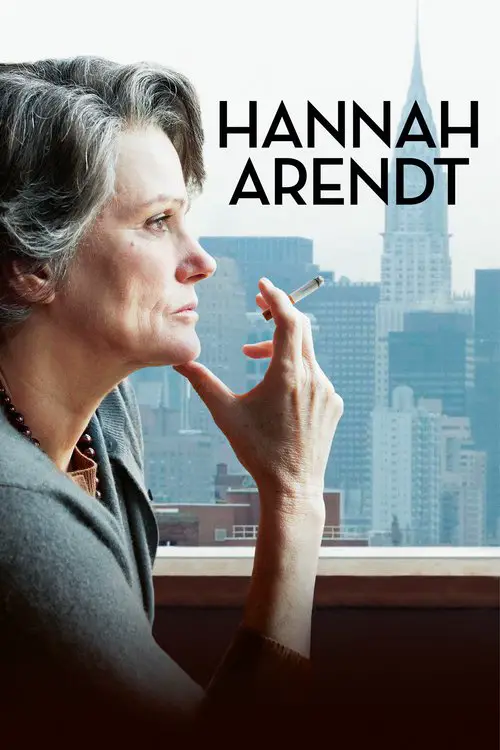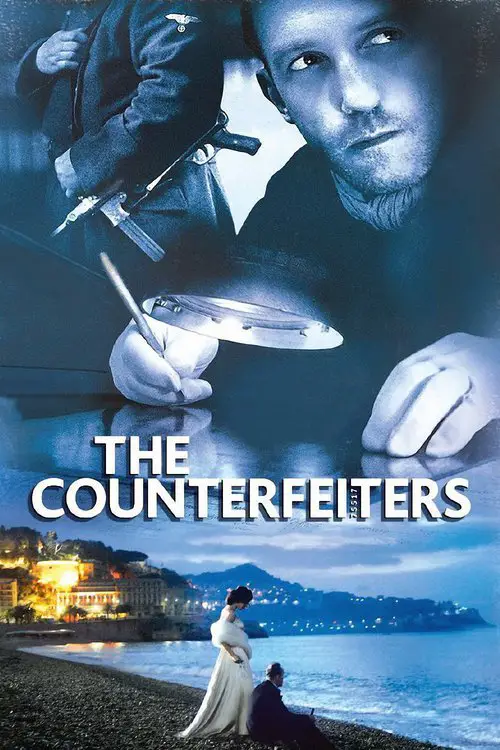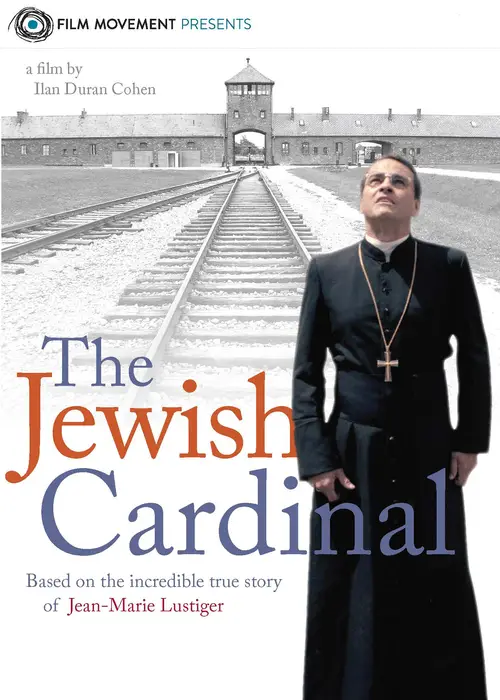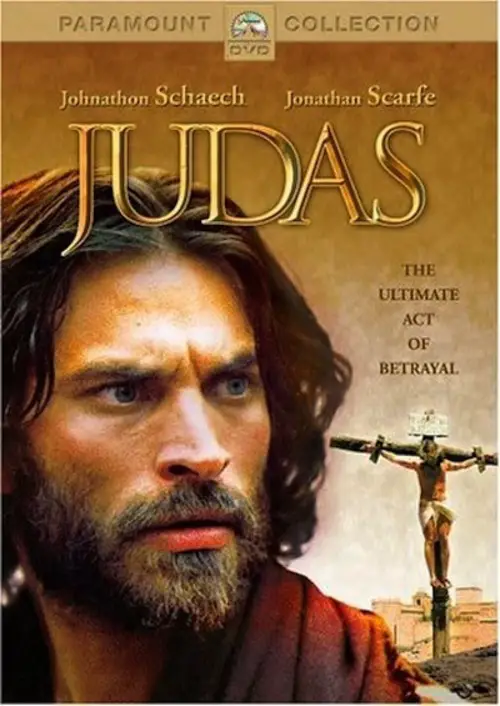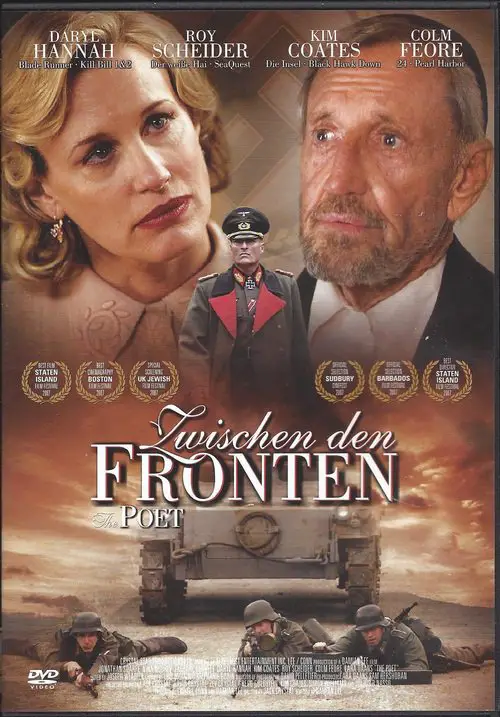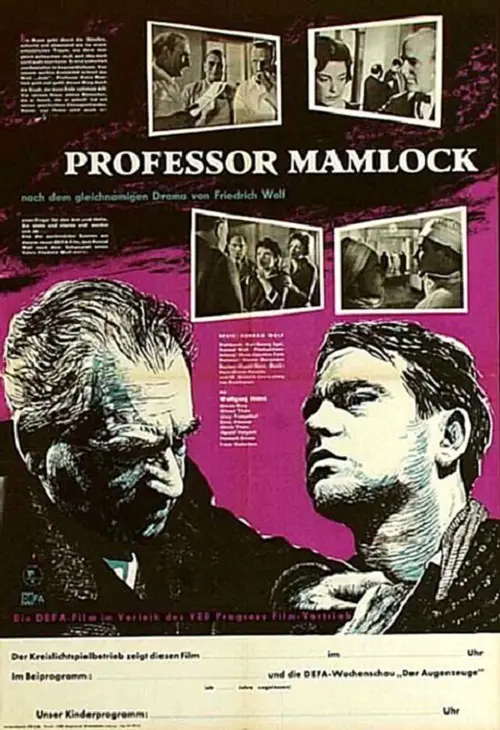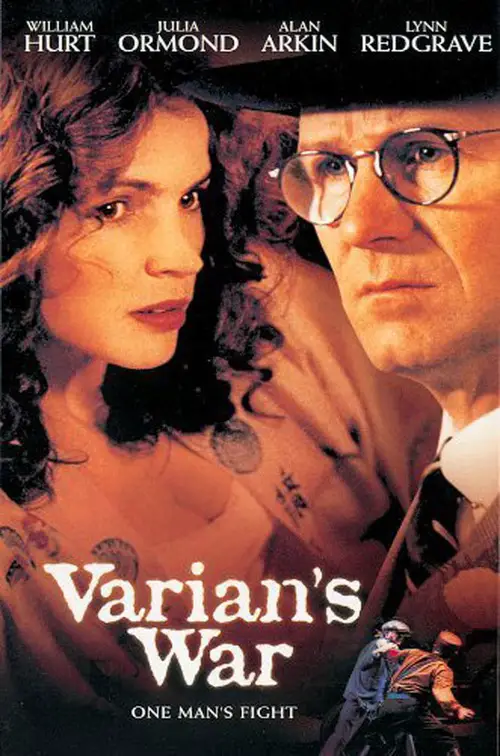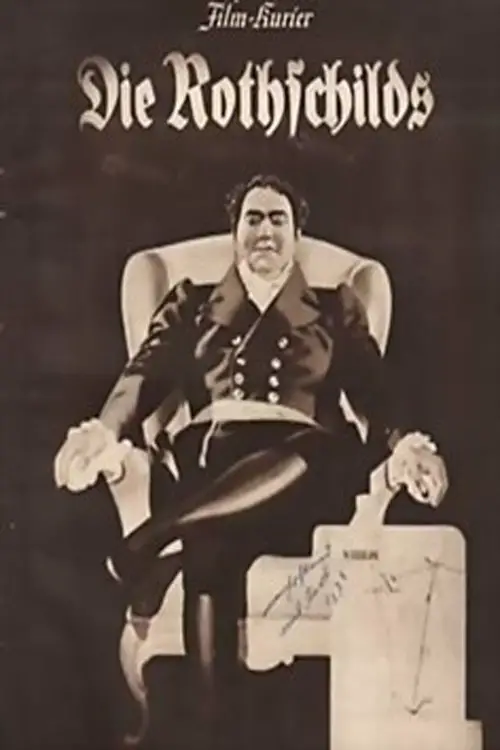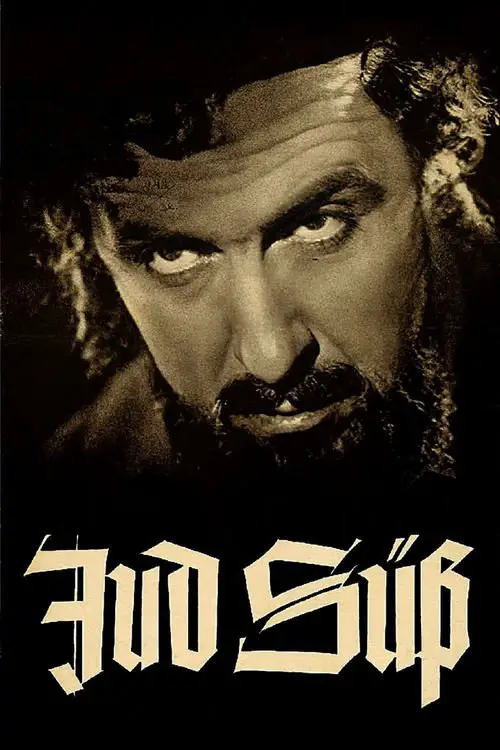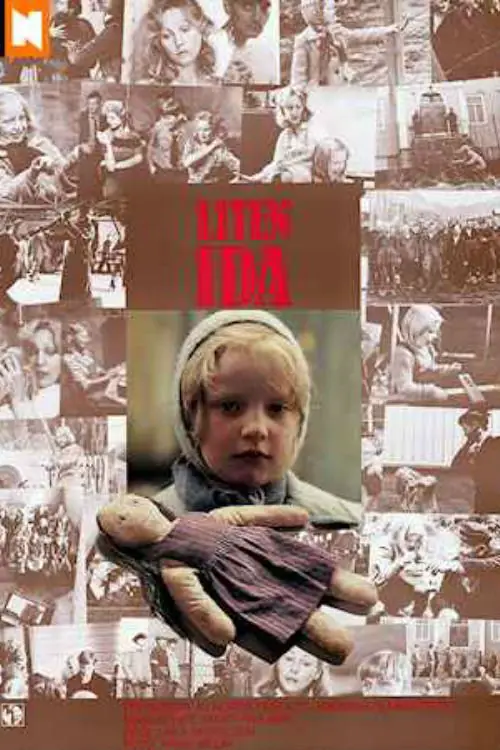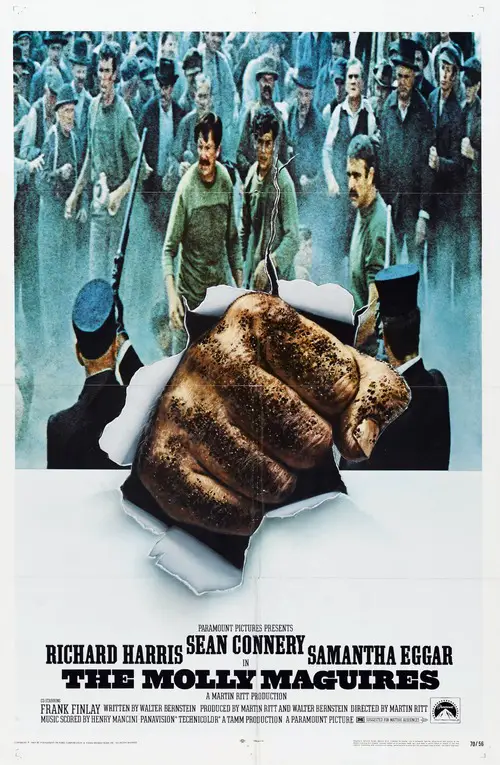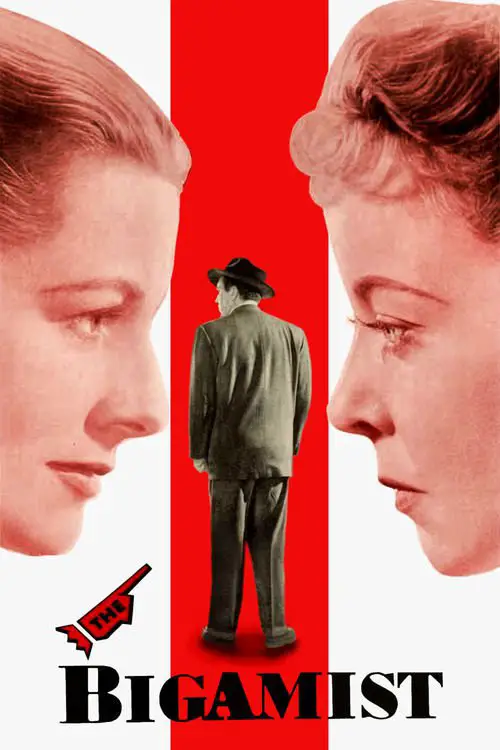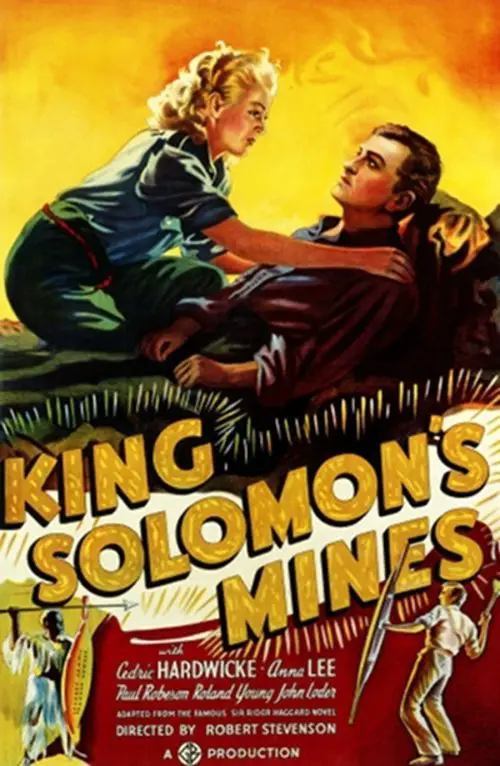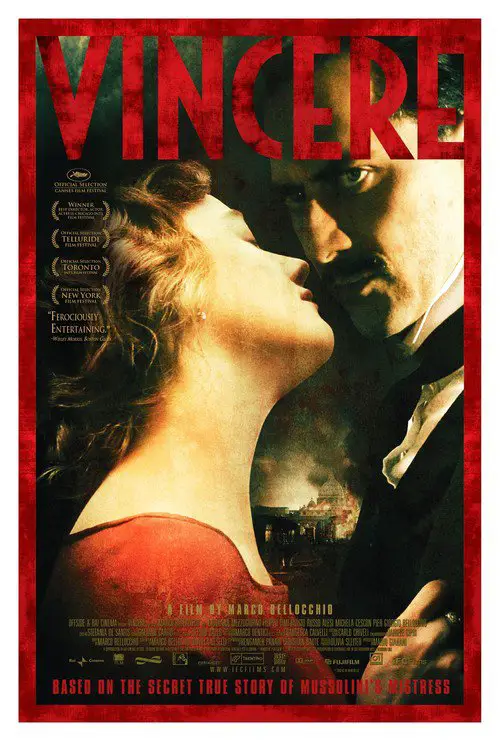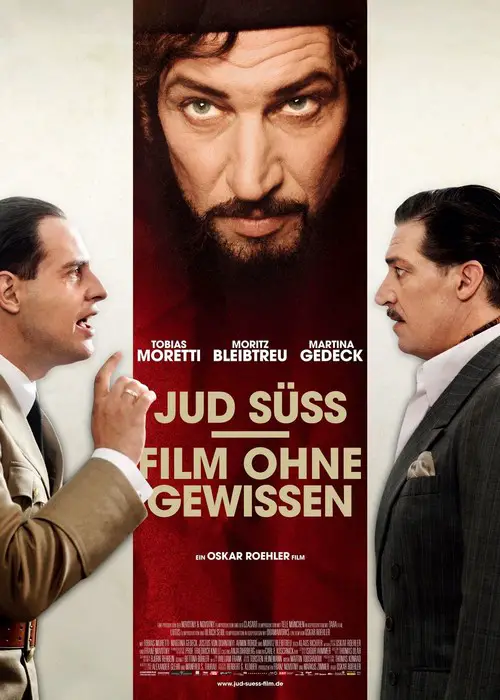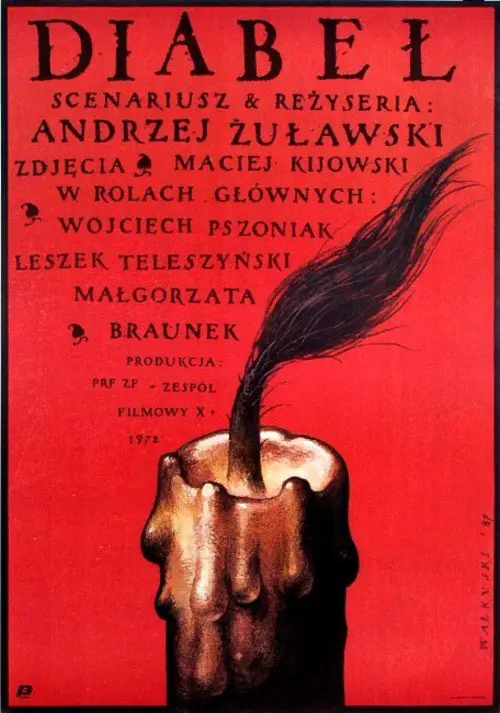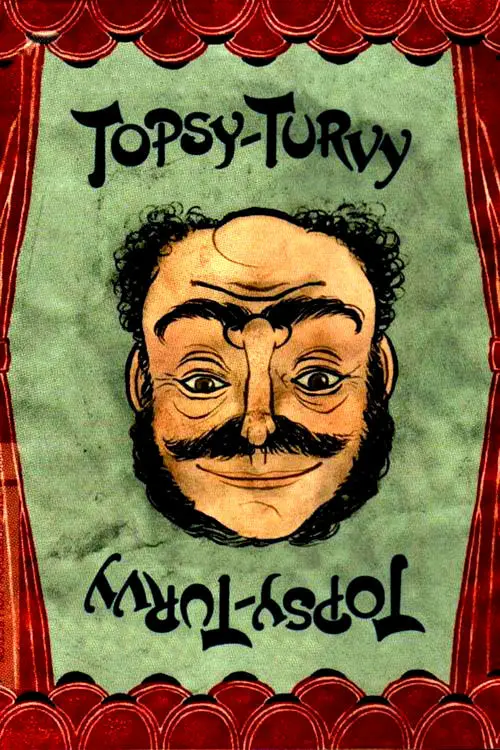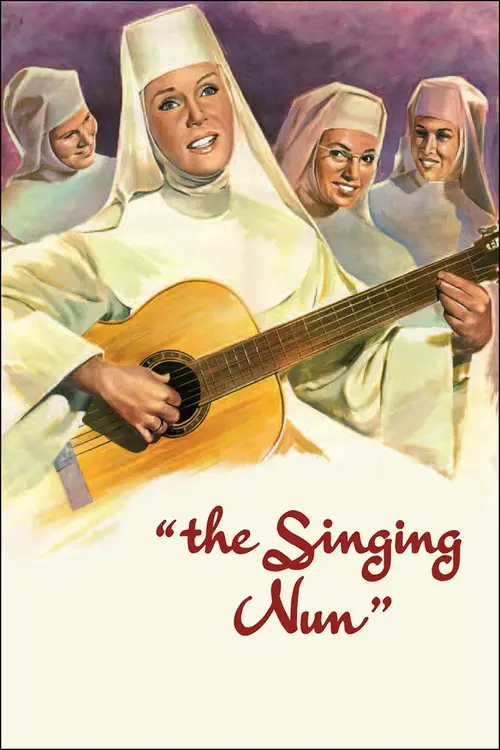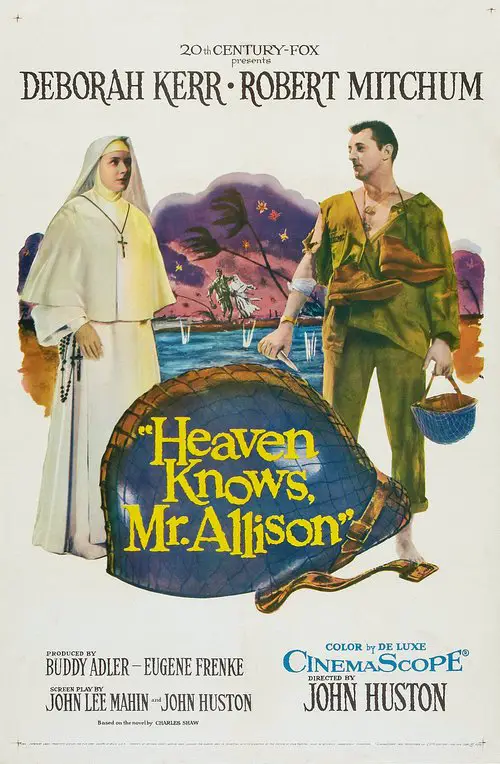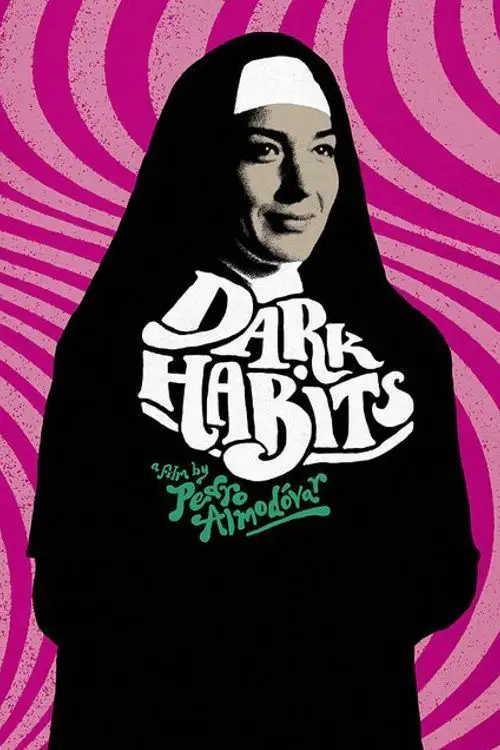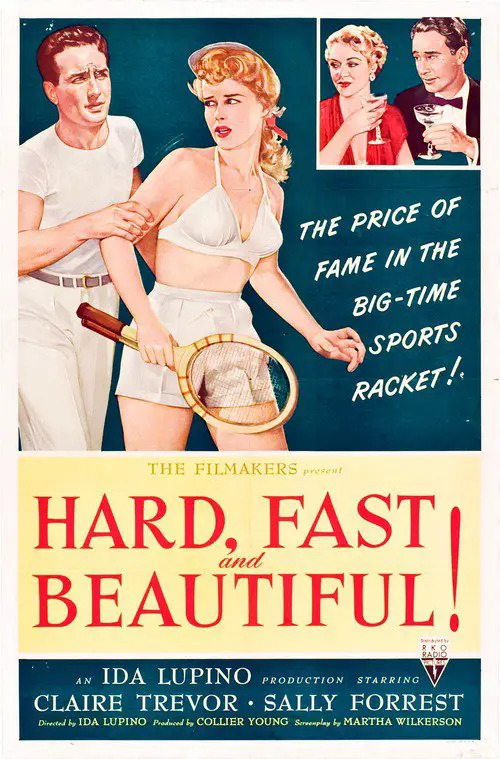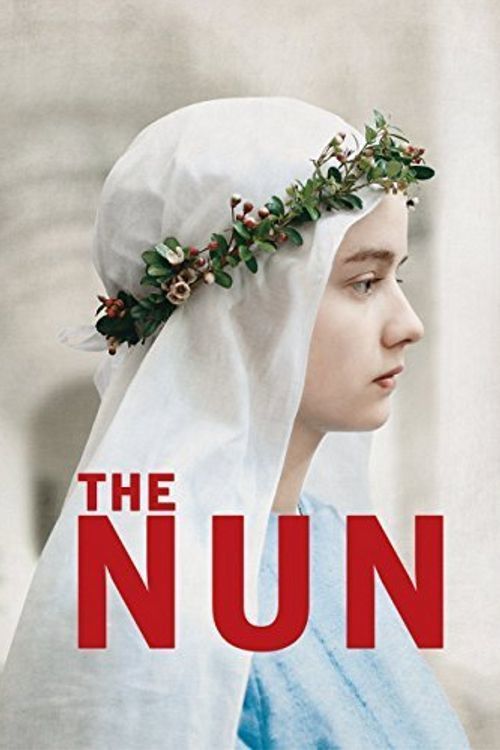Ida (2013)
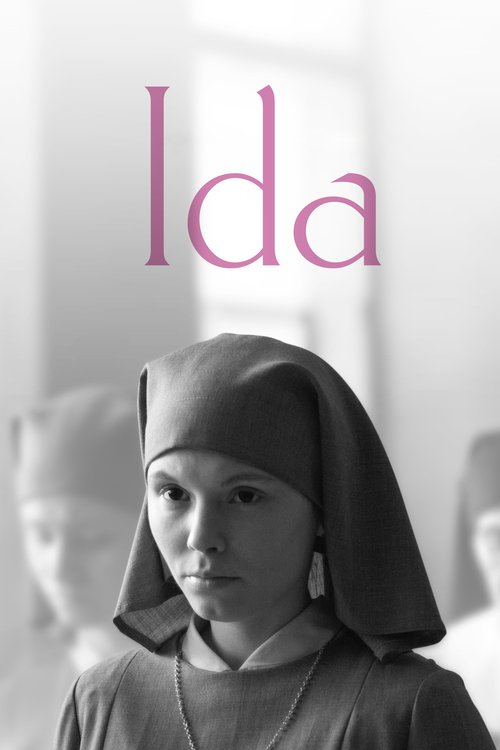
Similar movies
In 1944 Poland, a Jewish shop keeper named Jakob is summoned to ghetto headquarters after being caught out after curfew. While waiting for the German Kommondant, Jakob overhears a German radio broadcast about Russian troop movements. Returned to the ghetto, the shopkeeper shares his information with a friend and then rumors fly that there is a secret radio within the ghetto.
The historical recreation of the 1942 Wannsee Conference, in which Nazi and SS leaders gathered in a Berlin suburb to discuss the "Final Solution to the Jewish Question". Lead by SS-General Reinhard Heydrich, this group of high ranking German officials came to the historic and far reaching decision that the Jews of Europe were to be exterminated in what would come to be known as the Holocaust.
Morris Mishkin is a elderly religious Jew in New York. His wife Fanny is very ill. He's a tailor, but he can't work because his back has given out. He doesn't even have enough money for Fanny's medicine. Finally, a black fellow appears from nowhere in the Mishkin kitchen. He says he's an angel from God, sent to help Mishkin. The black angel is even Jewish, named Alex Levine? But will Morris believe in the angel? And can the angel perform the miracle that he promises? Written by Martin Lewison
Based in a London suburb Mahmud Nasir lives with his wife, Saamiya, and two children, Rashid and Nabi. His son plans to marry Uzma, the step-daughter of Egyptian-born Arshad Al-Masri, a so-called 'Hate Cleric' from Waziristan, Pakistan. Mahmud, who is not exactly a devout Muslim, he drinks alcohol, and does not pray five times, but does agree that he will appease Arshad, without whose approval the marriage cannot take place. Shortly thereafter Mahmud, while going over his recently deceased mother's documents, will find out that he was adopted, his birth parents were Jewish, and his name is actually Solly Shimshillewitz.
A dramatization of one man's rescue of Jewish refugees in the Nazi-occupied Polish city of Lvov. In Darkness tells the true story of Leopold Soha who risks his own life to save a dozen people from certain death. Initially only interested in his own good, the thief and burglar hides Jewish refugees for 14 months in the sewers of the Nazi-occupied town of Lvov (former Poland).
In Paris during WWII, an Algerian immigrant is inspired to join the resistance by his unexpected friendship with a Jewish man. Based on not very known facts about the Muslim community in Paris during WWII, when the Paris Mosque and its dynamic leader played a pivotal role in supporting the resistance and rescuing Jews.
It is early 1939 in Poland when Mrs. Bromley and Jennifer come to buy antiques for her business in London. Jennifer meets Count Stephen and they wine, dine and see the sights though out the city. He wishes to marry, but his family is against plain Jennifer. When she tries to leave, he catches her at the train station and they are married. To be self sufficient, they modernize the family farm with tractors and increase production, but then Germany starts the war.
When David Greene receives a football scholarship to a prestigious prep school in the 1950s, he feels pressure to hide the fact that he is Jewish from his classmates and teachers, fearing that they may be anti-Semitic. He quickly becomes the big man on campus thanks to his football skills, but when his Jewish background is discovered, his worst fears are realized and his friends turn on him with violent threats and public ridicule.
1942. Joseph is eleven. And this June morning, he must go to school, a yellow star sown on his chest. He receives the support of a goods dealer. The mockery of a baker. Between kindness and contempt, Jo, his Jewish friends, their families, learn of life in an occupied Paris, on the Butte Montmartre, where they've taken shelter. At least that's what they think, until that morning on July 16th 1942, when their fragile happiness is toppled over.
While escaping from Nazis during the WWII, a Jewish man dug suitcases full of things dear to his heart in the ground two. The war deprived him of his family, and afterwards he endlessly turns over the soil of Antwerp to find the suitcases, which makes him look obsessed. He keeps checking old maps and keeps digging, trying to find, in fact, those he lost. His daughter Chaya is a beautiful modern girl looking for a part-time job. She finds a place as a nanny in the strictly observant Chassidic family with many children, although her secular manners clearly fly in the face of many commandments. One of the reasons she is accepted is that mother of the family is absolutely overburdened by the household, so she stays despite the resistance of the father, normally - an indisputable authority in the family. She develops a special bond with the youngest of the boys, four-year old Simcha, so far incapable of speaking.
Five Jewish Hungarians, now U.S. citizens, tell their stories: before March, 1944, when Nazis began to exterminate Hungarian Jews, months in concentration camps, and visiting childhood homes more than 50 years later. An historian, a Sonderkommando, a doctor who experimented on Auschwitz prisoners, and US soldiers who were part of the liberation in April, 1945.
Philip Green is a highly respected writer who is recruited by a national magazine to write a series of articles on anti-Semitism in America. He's not too keen on the series, mostly because he's not sure how to tackle the subject. Then it dawns on him: if he was to pretend to all and sundry that he was Jewish, he could then experience the degree of racism and prejudice that exists and write his story from that perspective. It takes little time for him to experience bigotry. He soon learns the liberal-minded firm he works for doesn't hire Jews and that his own secretary changed her name and kept the fact that she is Jewish a secret from everyone. Green soon finds that he won't be invited to certain parties, that he cannot stay in so-called 'restricted' hotels and that his own son is called names in the street. His anger at the way he is treated also affects his relationship with Kathy Lacy, his publisher's niece and the person who suggested the series in the first place.
ARRANGED centers on the friendship between an Orthodox Jewish woman and a Muslim woman who meet as first-year teachers at a public school in Brooklyn. Over the course of the year they learn they share much in common - not least of which is that they are both going through the process of arranged marriages.
In late 1930s Ferrara, Italy, the Finzi-Continis are a leading family: wealthy, aristocratic, and urbane; they are also Jewish. Their adult children, Micol and Alberto, gather a diverse circle of friends for tennis and parties at their villa with its lovely grounds, and try to keep the rest of the world at bay. But tensions between them all grow as anti-Semitism rises in Fascist Italy, and even the Finzi-Continis will have to confront the Holocaust.
Hannah Arendt is a portrait of the genius that shook the world with her discovery of âthe banality of evil.â After she attends the Nazi Adolf Eichmannâs trial in Jerusalem, Arendt dares to write about the Holocaust in terms no one has ever heard before. Her work instantly provokes a furious scandal, and Arendt stands strong as she is attacked by friends and foes alike. But as the German-Jewish émigré also struggles to suppress her own painful associations with the past, the film exposes her beguiling blend of arrogance and vulnerability â revealing a soul defined and derailed by exile.
The Jewish Cardinal tells the amazing true story of Jean-Marie Lustiger, the son of Polish-Jewish immigrants, who maintained his cultural identity as a Jew even after converting to Catholicism at a young age, and later joining the priesthood. Quickly rising within the ranks of the Church, Lustiger was appointed Archbishop of Paris by Pope John Paul IIâand found a new platform to celebrate his dual identity as a Catholic Jew, earning him both friends and enemies from either group. When Carmelite nuns settle down to build a convent within the cursed walls of Auschwitz, Lustiger finds himself a mediator between the two communitiesâand he may be forced, at last, to choose his side.
Judas meets Jesus and at first doesn't know what to make of him or whether or not to trust him. A cynical city boy, Judas makes fun of the country bumpkin disciples who follow Jesus but eventually decides to join the band, as well. He and Jesus become good friends, even though they often see things very differently. Ultimately, Judas is convinced that Jesus needs to use his popularity and wonder-working powers to free the Jews from the Romans, and Jesus sees a larger, spritual perspective. As a friend, Judas convinces Jesus to give his disciples his miraculous powers, and he does with good results. Finally, the Jewish leaders spy on Judas and convince him of the greater good of betraying Jesus, in order to save the Jewish people. Judas gets caught between the corrupt leaders, Caiaphus and Pontius Pilate, and Jesus.
A film based on the semi-autobiographical novel of the same name by American writer Jonathan Safran Foer, in which a young Jewish American man endeavorsâwith the help of eccentric, distant relativesâto find the woman who saved his grandfather during World War II, in a Ukrainian village which was ultimately razed by the Nazis.
Professor Hans Mamlock is the distinguished chief of surgery in a university hospital. The year is 1933, and although the Professor is Jewish, he remains unconcerned with politics and the growing Nazi threat. Mamlock identifies strongly as a German, and he believes his culture to be simply incapable of the common barbarism associated with the Nazi party. Accordingly, he shows little understanding for people with strong or unpopular political views, such as Walter, a patient, and Rolf, his own son. Indeed, when Rolf joins the communists in resisting the Nazis, Mamlock throws him out of his house. As the persecution of Jews intensifies during the 1930s, Mamlock's own daughter is targeted for anti-Semitic attacks at her school...
Fifteen-year-old Charlotte Flax is tired of her wacky mom moving their family to a different town any time she feels it is necessary. When they move to a small Massachusetts town and Mrs. Flax begins dating a shopkeeper, Charlotte and her 9-year-old sister, Kate, hope that they can finally settle down. But when Charlotte's attraction to an older man gets in the way, the family must learn to accept each other for who they truly are.
During WWII, the death camp at Treblinka had an escape, causing the Commandant at a similar camp in Sobibor to vow (actually threaten) that his camp would never experience the same thing. But those who were its captives, the Jewish laborers that had been spared from the ovens, knew that they were on borrowed time and that their only hope was to escape... the only question was how to do it. On October 14, 1943, members of the camp's underground resistance succeeded in covertly killing eleven German officers and a number of Ukrainian guards. Of the 600 inmates in the camp, roughly 300 escaped, although most were later re-captured and killed. The escape forced the Nazis to close the death camp, dismantling it and planting a forest.
Ida lives hard and fast with too much drinking and a string of boyfriends, Sandor has very few friends and his mother insists that he practices ballet. They meet in a chat room and despite appearances they discover they have much in common. Sandor and Ida lives in different cities and when Sandor unexpectedly visits her it ends with disaster.
In this notorious Nazi propaganda historical costume melodrama, a conniving, ambitious Jewish businessman, Süà Oppenheimer, snares a post as treasurer to the Duke of Wurttemburg by showering the corrupt duke with treasure and promises of even greater riches. As the Jew's schemes grow more elaborate and his actions more brazen, the dukedom nearly erupts into civil war. Persuaded by the Jew, the Duke all but scuttles the constitution and alienates the assembly by lifting the local ban on Jews in Stuttgart. In a final outrage, the Jew rapes a wholesome German girl and tortures her father and fiancée. When the Duke succumbs to a sudden heart attack, the assembly of Elders try the Jew and sentence him to death for having "carnal knowledge of a Christian woman".
Gabrielle Van Der Mal gave up everything to become a nun. But her faith and her vows are forever being tested: first in the missionary Congo hospital where she assists the brilliant and handsome Dr. Fortunati and then at the mother house in France when World War II has broken out and the nuns are forbidden by the order to take sides.
Life is rough in the coal mines of 1876 Pennsylvania. A secret group of Irish emigrant miners, known as the Molly Maguires, fights against the cruelty of the mining company with sabotage and murder. A detective, also an Irish emigrant, is hired to infiltrate the group and report on its members. But on which side do his sympathies lie?
Veronique is a beautiful young French woman who aspires to be a renowned singer; Weronika lives in Poland, has a similar career goal and looks identical to Veronique, though the two are not related. The film follows both women as they contend with the ups and downs of their individual lives, with Veronique embarking on an unusual romance with Alexandre Fabbri, a puppeteer who may be able to help her with her existential issues.
This intricate historical drama tells the story of actor Ferdinand Marian (Tobias Moretti), who is ordered by Nazi propagandist Joseph Goebbels to star in the 1940 anti-Semitic film Jew Suss. Despite his cooperation, Ferdinand's actions have unexpected costs. Ferdinand's Jewish wife, Anna (Martina Gedeck), is sent to a concentration camp, and as World War II intensifies, he rebels against the Nazis, leading to the destruction of his career.
Hitting an off-the-charts level of subversive allegory, Zulawskiâs second feature is a blood-splattered rampage through a war-charred 1790s Poland that turns the historical epic inside out, and dances on its carcass. Immediately banned in the directorâs Communist Poland for over a decade and a half, The Devil writhes with nonstop demonic energy as it follows an nobleman who, after escaping from prison, swandives into insanity and mass murder. Returning home to his once-rich family â one now reduced to savages â and manipulated by a black-cloaked Satanic stranger at the center of a web of political treachery, the nobleman eventually enacts a Hamlet-like pyrrhic revenge on just about everyone in sight. But The Devilâs most spectacularly intense violence is all emotional, with near-constant outbursts of grief, and desperation of a seizure-like intensity that is downright mesmerizing. â The Cinefamily
A Belgian nun, Sister Ann is sent to another order where she's at first committed to helping troubled souls like, Nichole and little Dominic. When Father Clementi hears Sister Ann's uplifting singing style, he takes her to a talent contest. Suddenly, Sister Ann is signed to a record deal and everyone is listening to her light-hearted songs. Sister Ann is unprepared for her new found fame (like appearing on the "Ed Sullivan" show) and unwanted side-effects, including a wrongful attraction to an old friend,
In 1944, in South Pacific, the castaway Marine Corporal Allison drifts in a raft to the Tuasiva Island, where he meets Sister Angela. She tells him that she is the only person in the island and was left behind by the runaway boat to Fiji Island while seeking the local priest. Stranded in the island, but with water, fish and fruits, their paradisiacal life ends when the Japanese arrive to build a base, forcing Allison and the nun to hide in a cave. The crude marine provides the necessary supply for their survival and falls in love for the nun.
In Stalinist Poland, cabaret singer Tonia decides to spend the evening drinking with a group of friends. The next morning, she awakes to find that, for reasons unknown to her, she has been jailed as a political prisoner. As prison officials interrogate, torture and humiliate her, she fights for survival and to maintain her innocence by refusing to sign a false confession. As her years of imprisonment pass, her relationship with her captors grows more complicated.
When most people look at Florence Farley, they see a pretty teenager. But when Milly Farley looks at her daughter she sees something else: a tennis prodigy who could be Millyâs ticket to money and fame. Released in 1951, Hard, Fast and Beautiful foresaw our modern era of big-time womenâs sports â and of driven parents who would stop at nothing to âhelpâ their daughters grab the golden ring. Sally Forrest plays Florence, who finds athletic success but not happiness. Claire Trevor seethes with barely concealed malice and greed as Milly. And behind the camera is movie star Ida Lupino, guiding one of a series of low-budget, big-concept films that established her as a rarity in mid-century Hollywood: a successful and stylish female director.
Suzanne Simonin describes her life of suffering in letters. As a young woman she is sent to a convent against her will. Since her parents cannot afford the dowry required for a marriage befitting her rank they decide she must instead become a nun. Although a kind and understanding Mother Superior helps her to learn the conventâs daily routine, Suzanneâs desire for freedom remains unabated. When the Mother Superior dies, Suzanne finds herself faced with reprisals, humiliation and harassment at the hands of the new Abbess and the other Sisters. For many years, Suzanne is subjected to bigotry and religious fanaticism. (Berlinale.de)
© Valossa 2015–2026
| Privacy Policy
